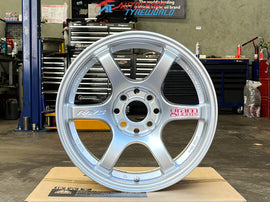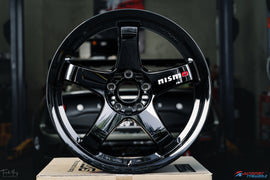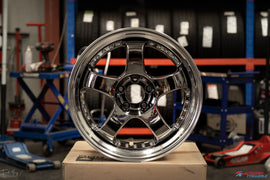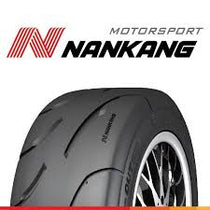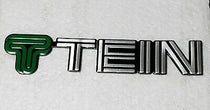Car Noise: Are Electric Cars Quieter Than Petrol Cars?
Traffic noise comes from several sources — engine noise, tyre noise, road noise, and aerodynamic (whistling) noise. But are electric cars really quieter than petrol cars?
Let’s take a closer look at how different vehicle types produce sound and what you can expect when driving an electric car.
🔊 Petrol Car Noises: What Causes Them?
In a combustion-powered vehicle, the primary sound you hear is from the engine.
When fuel combusts, it releases heat energy, which is converted into mechanical energy to move the car. During this process, the engine’s cylinders create rapid pulsations that are emitted through the exhaust valve, producing the familiar growl or hum of a petrol car.
This engine sound — combined with vibrations from moving parts — makes up a significant part of overall traffic noise.
⚡ Electric Car Noises: What to Expect
Are electric cars quieter than petrol cars?
Yes — much quieter.
Electric vehicles (EVs) use electric motors powered by batteries, not combustion engines. Unlike thermodynamics, electromagnetic propulsion produces almost no mechanical noise. This makes EVs nearly silent in operation, especially at lower speeds.
In fact, EVs can be too quiet. Because pedestrians can’t always hear them coming, the European Union requires all new electric and hybrid vehicles to emit a minimum sound level of 56 decibels when driving below 30 km/h.
To put that in perspective:
-
56 dB ≈ the sound of a dishwasher, office computer, or a quiet restaurant
-
65 dB (average petrol car) ≈ a busy classroom
So, while electric cars are not completely silent, they are significantly quieter than traditional vehicles — enhancing comfort while maintaining safety.
🚗 Tyre Noise in Electric Cars
The most noticeable sound in an electric car is tyre noise — the low, rolling hum produced as tyres make contact with the road surface.
Because the motor is silent, this sound becomes more apparent. However, EV tyres are not inherently louder than those used on petrol cars. It’s simply that the absence of engine noise makes the remaining sounds (like tyre or road noise) easier to perceive.
Tyre noise can vary depending on:
-
Road surface texture (smooth asphalt vs. rough concrete)
-
Tyre tread design and wear
-
Vehicle speed
💨 Whistling Sounds at High Speeds
As your speed increases, you may hear a whistling or humming noise — typically caused by aerodynamic flow or air passing around the car’s mirrors, pillars, and tyres.
Both tyre and car manufacturers work hard to reduce this sound, using improved aerodynamics and noise-reducing tyre technology.
🔇 Michelin Acoustic® Technology: A Quieter Ride
To address tyre and road noise, Michelin has developed MICHELIN Acoustic® Technology — an innovation designed specifically for electric and luxury vehicles.
This technology uses sound-absorbing foam inside the tyre to reduce vibrations and cabin noise by up to 20%, making your electric driving experience smoother and more relaxing, especially on long motorway journeys.
🧭 In Summary
-
Petrol cars produce noise primarily from engine combustion and exhaust.
-
Electric cars are nearly silent, with sound mainly coming from tyres and aerodynamic effects.
-
At low speeds, EVs are so quiet that regulations now require them to emit artificial noise for pedestrian safety.
-
Technologies like Michelin Acoustic® help further reduce interior noise, ensuring a peaceful and premium driving experience.
Switching to an electric car doesn’t just help reduce emissions — it also means a quieter, calmer ride, both inside your cabin and for the environment around you.

